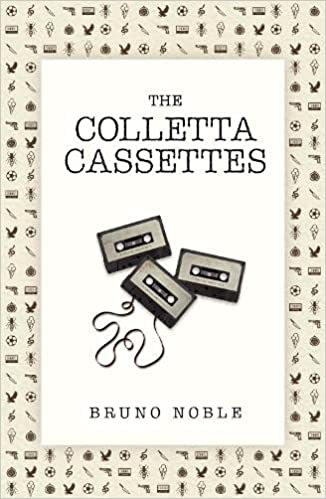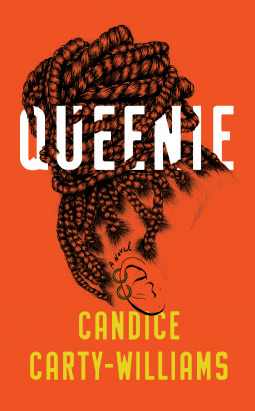I love this book, even though it is the third, possibly fourth time of reading it in its entirety (Full disclaimer: Bruno is a friend of mine, and the two of us have been writing buddies for about 5 years. He knows that being my friend is not enough to get five stars. You have to write a top book first.)
This is what appears on Amazon and Goodreads:
A coming of age story with a dark political underbelly, this book reflects a painful loss of innocence, but not simply in the way you’d expect.
The Kentish family are on holiday in Colletta, a beautiful medieval Italian village in 1978 while the World Cup is on. Peter Kentish is an investigative journalist, combining work with pleasure, spending the bulk of his time interviewing a mysterious American, while leaving his French wife, Jacqueline, to her painting, and his two teenage boys to their own devices.
The story is told largely from the perspective of 16-year-old Sebastian, who develops an almighty crush on Rosetta, the cleaning girl, much to the mortification of the snobbish Jacqueline, who does whatever she can to stifle this budding romance. Jacqueline is further peeved that her husband can’t hide his admiration for one of the waitresses, the beautiful Francesca.
There are unexpected layers in the story; the relationship between the family members are subtle and nuanced; while Sebastian is infuriated with his mother for her refusal to recognise that he is growing up, he realises that her snobbery and social aloofness stem from insecurity. He doesn’t overtly show it, but he has a great deal of affection for his younger brother, who has a frequent capacity to surprise him with the acuity of his observations. Then there is his attitude towards his father, who is embarrassingly matey on occasion, and shows more than once that he is incapable of keeping a cool head in a crisis.
The politics of the World Cup are interestingly displayed: the 1978 World Cup was hosted by Argentina in a showboating attempt to legitimise the brutal regime of General Videla, and the games were played while dissidents, noncomformists and protesters were tortured. The portrayal of the World Cup also allows us to see national resentments and rivalries play out in miniature amongst the holidaymakers, culminating in a Dutchman arranging the deckchairs by the swimming pool in the shape of a Swastika, after the Germans persist in bagging the best chairs with their towels early in the morning, only to leave them empty for the bulk of the day.
As an aside, the author should consider a career in food writing; his descriptions of the sublime Italian dishes served night after night during the holiday are so evocative that they are bound to sabotage any reader unfortunate enough to be on a diet.
As for the mysterious American, Robert Bravo, he’s an elderly man at the tail end of a long career with the CIA, and after initially refusing to speak to Kentish, he finally agrees. The reason for his change of heart becomes clear, and Peter Kentish is forced to question his comfortable convictions about Right vs Left, the Free World vs communism, and the lengths to which so-called enlightened governments will resort in order to protect their interests.
An absorbing read, that perfectly combines the personal with the political, and which shines a stark light on post-war Italian history in a global context.



